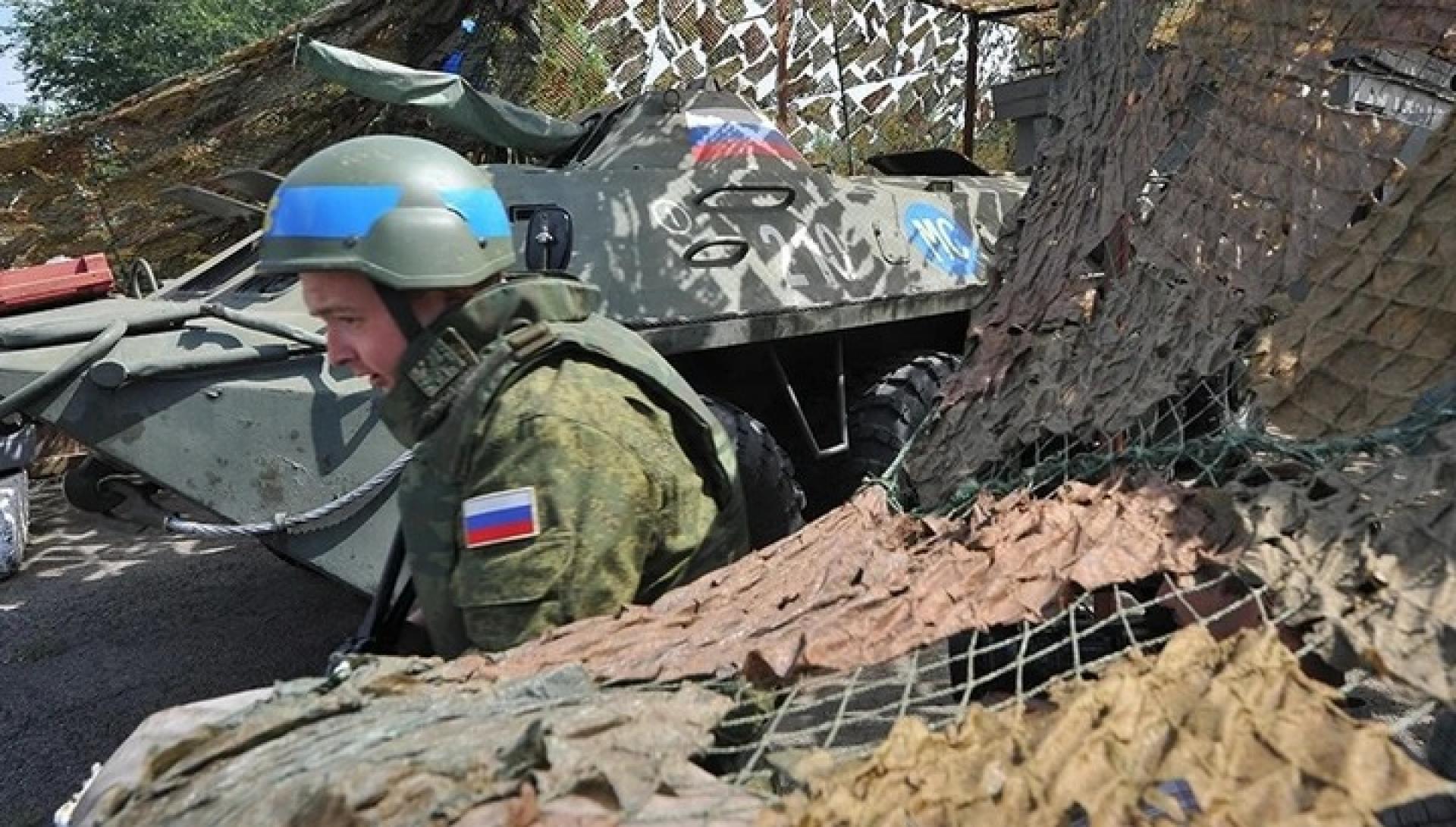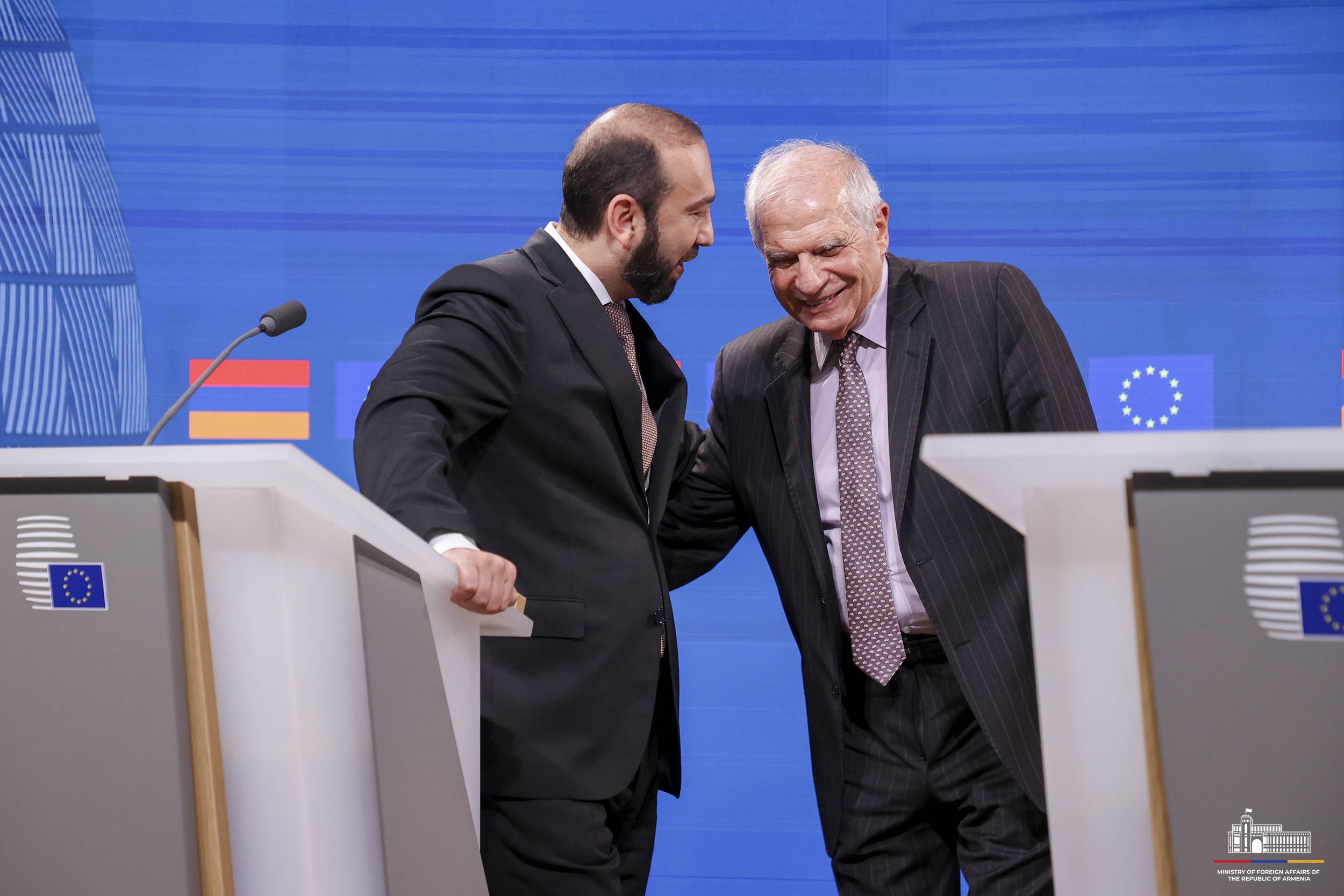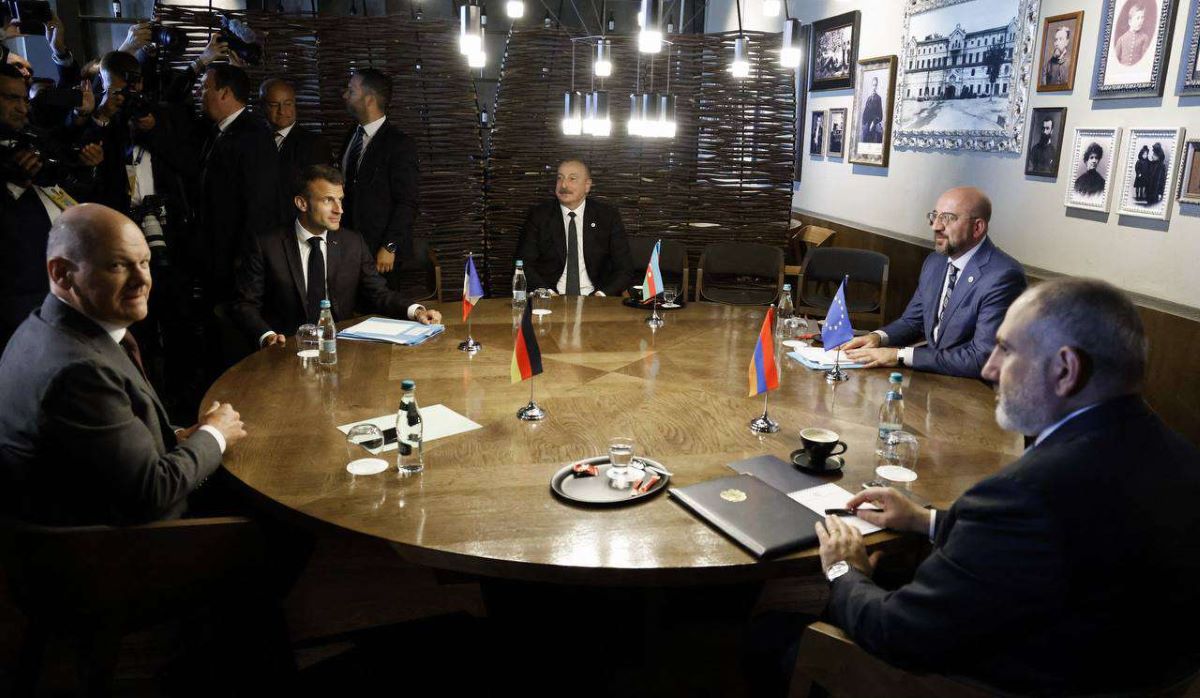"Armenia is Europe, period": Discussion on Euro-Integration in Parliament
European integration of Armenia
“Armenia is Europe, period,” stated Tigran Khzmalyan, the chairman of the European Party of Armenia, from the parliamentary podium. The National Assembly’s European Integration Commission initiated hearings on “New Perspectives and Challenges of Armenia’s Eurointegration.” The discussion involved prominent politicians, political analysts, and representatives of civil society.
Khzmalyan, like most participants, welcomed the “shift in Armenia’s foreign policy vector, which is now unquestionable.” He proposed conducting a nationwide referendum to clarify that the country’s European integration was not the decision of a few individuals or just one political force.
- “Vague and meaningless”: the response of the Russian CSTO bloc to Yerevan’s request
- “Baku’s recent moves’ motives are Middle East-bound.” Opinion from Yerevan
- “Russia abandoned us at the most critical moment,” said the speaker of the Armenian Parliament
Armenia and EU forge new agenda for relations
Arman Yeghoyan, a member of the ruling “Civil Contract” faction and chairman of the National Assembly’s European Integration Commission, highlighted the intensification of relations with the EU since 2020. He recalled that in 2021, the EU proposed a new economic and investment program worth €2.6 billion for Armenia.
Furthermore, the EU has expanded its “geopolitical presence.” Yeghoyan emphasized the contribution of the EU’s observer mission, monitoring the Armenia-Azerbaijan border, to establishing stability in the region.
He also drew attention to the EU’s intention to provide non-lethal assistance to ensure the country’s security. The EU-Armenia Partnership Council agreed to develop a new agenda for cooperation with more ambitious priorities, Yeghoyan reported:
“We are talking about deeper political commitments, a political document that is currently under development. We expect this work to be completed in May-June.”
Vassilis Maragos, the head of the EU Delegation to Armenia, also touched upon the new partnership agenda. He stated the need to achieve goals under the Comprehensive and Enhanced Partnership Agreement and to understand “what else can be done.” In this regard, he spoke about the need for appropriate regulations, reforms, and adherence to EU standards in administration and human rights:
“The new partnership agenda includes elements such as democracy, human rights, foreign policy and security, economic diversity and diversification, infrastructure development. We have created an investment coordination platform. And it brings together all stakeholders. Work is underway, but I would like to see it progressing even faster.”
Maragos stated that bilateral cooperation and dialogue have never been more dynamic. He emphasized that the EU is ready to deepen the partnership and “strengthen ties based on shared values.”
Threat to Euro-Integration: fears and Russia
Arman Babajanyan, the leader of the “For the Republic” party, believes that the “main threat and challenge is fear, which prevents decisive action.” He argues that Armenia’s experience with Russia has already demonstrated the ineffectiveness of this “guardianship”:
“Relying on Moscow, Yerevan has always suffered losses. Including the loss of many lives. After the direct involvement of Russians, all Armenians left Nagorno-Karabakh, and I hope we all sobered up. And it became clear to everyone that the only way to protect and save Armenia is to break free from the Russian military-political system.”
Babajanyan declared that the sovereignty of the country, the existence of Armenian statehood, and democracy cannot be jeopardized. To achieve this, Armenia must take responsibility and pursue the path of obtaining candidate status for EU membership.
According to Narine Mkrtchyan, the head of the National Press Club, the main challenge for Armenia’s Euro-integration is Russia:
“Russia obstructs, barricades the path of Europeanization for the former Soviet countries. We have seen Russia’s catastrophic actions in Ukraine, Georgia, and Moldova. But the leaders of these countries and societies have shown enough determination to pursue European integration.”
Mkrtchyan believes that “unclear, situational policies” have often deterred Armenian authorities from decisive steps. It is time to chart a clear political path and stick to it, she is convinced.
European integration: A tool for problem solving
The chairman of the Conservative Party, Hayk Mirzoyan, asserts:
“Our umbilical cord is being cut off from the Russian Federation right now. And the European Union can become a reliable ally in defending the sovereignty and territorial integrity of the country. Armenia is a bearer of European culture and values. It is undergoing democratic reforms. As a result of European integration, the country will be able to solve not only security issues but also economic problems.
Russia, through dishonest deals, has taken away Armenia’s energy resources, mining of minerals, telecommunications, as well as import and export of energy resources. It has dictated blackmail conditions to our state and businessmen, forcing them to act only within Russia’s sphere of influence.”
The politician is convinced that European integration will enable Armenia to address both security and economic issues.
“We understand that we have chosen a difficult path”
Yerevan has chosen the European path without prior lustration and vetting, says political analyst Hovsep Khurshudyan. Economic ties were not diversified, and Russia’s influence was not weakened.
“But if we don’t choose this path, we’ll find ourselves in a much worse situation. In a sense, we are now forced to act in haste, at this pace,” he emphasized.
Armenia must withdraw from Russian integration structures—the military bloc CSTO, the Eurasian Economic Union, insists Khurshudyan. He also deems it necessary to remove the Russian military base from the country’s territory.
Such changes cannot happen overnight or in months; it will take years of work, reminds political scientist Areg Kochinyan. But he sees the need to start with political decisions, reevaluating relations with Russia.
“If previously our biggest concern was security, and it tied us to Russia, now it’s the financial and economic situation,” he commented on the discourse being discussed in society.
The EU, the US, and France “restrain the aggression of the Russian-Azerbaijani alliance, which is ready to strike at any moment,” believes political scientist Stepan Grigoryan. As examples of restraint, he cites statements by the EU special representative in the region, Toivo Klaar, and US secretary of state Antony Blinken.
The expert calls the planned meeting in Brussels on April 5 between Pashinyan, von der Leyen, and Blinken “fateful”:
“It’s no coincidence that the Russian Foreign Ministry publishes several statements daily regarding the meeting of the Armenian prime minister with the head of the European Commission and the US Secretary of State. It’s not by chance that Baku is issuing threats. In Brussels, the prime minister should announce that we are starting to withdraw from the CSTO and intend to integrate into the European Union. This is important for the effectiveness of the meeting.”





















